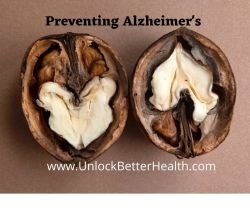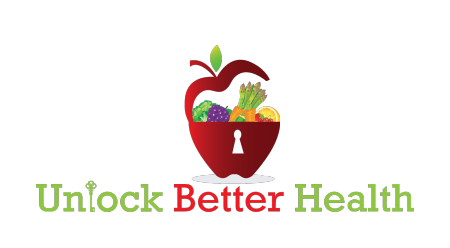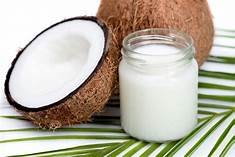
Did you know that 50% of 85-year-olds will be diagnosed with Alzheimer's?
That is one SCARY statistic. But, the good news is, we can control this - we can change this. The data is clear that if we start now (say in our 40's and 50's), we can prevent this from happening. So, what do you need to do to prevent this awful disease from progressing? LOTS...
For the last five years, I have had the pleasure and privilege of working for the renowned Amen Clinics (brain health specialists). Dr. Daniel Amen is a pioneer in brain imagery. I learned of him in my first nutrition school over 11 years ago. The brain scans he shared of a 40 yr old moderate drinker were scary! But, he then showed how in 6 months, she was able to change her brain by stopping alcohol, eating healthier, and exercising more. This empowered me to make big changes. I rarely drink alcoholic beverages these days and well, you know I'm tight on my diet. But I got better with it and made sure to implement a few new things this past year. These changes helped me to lose over 25 lbs now!! Woo-hoo!
So, what do Dr. Amen and myself recommend to improve brain health? His Bright Minds protocol is very helpful. But for me personally as a 52-year-old woman, my goal is to maintain a healthy weight and balanced blood sugar as I transition into Menopause. I also am mindful about my stress levels, focus on getting good quality sleep and exercise daily - not too much and not too little. I drink very little alcohol - maybe a few drinks per year and try not to take over-the-counter medicines, focusing on supplements and herbal remedies instead. That's not to say I'm above an Advil when in pain, but it's never my first option. These are simple strategies that I keep in place to help me maintain my health.
Here is what Dr. Amen shares as risk factors:
BLOOD FLOW: Hypertension, stroke, transient ischemic attacks, heart disease, erectile dysfunction, sedentary lifestyle
RETIREMENT/AGING: Over 65, retirement, limited new learning, social isolation, less than high school education, high blood ferritin (iron) level
INFLAMMATION: Leaky gut, low omega-3 intake, gum disease, joint pain
GENETICS: Family member with dementia or mental health issues, apolipoprotein E4 gene (there's a blood test for this)
HEAD TRAUMA: One or more head injuries, loss of smell
TOXINS: Alcohol, drugs, smoking, pollution, pesticides, mold, carbon monoxide, BPAs, personal product toxins (phthalates, parabens, etc.)
MENTAL HEALTH: Depression, Post-Traumatic Stress Disorder, Bipolar, Chronic Stress
IMMUNITY/INFECTIONS: Low vitamin D, autoimmune disorders, infections, such as Lyme disease
NEUROHORMONES ISSUES: Thyroid, cortisol, testosterone, dehydroepiandrosterone, estrogen, progesterone, insulin
DIABESITY: Pre-diabetes, diabetes, overweight, obesity
SLEEP ISSUES: Sleep apnea, chronic insomnia, sleeping pills
The good news is through testing and evaluation, a lot of these risk factors can be determined and remedied through fairly easy interventions. If you need dietary support and lifestyle management advice, I would love to guide you along the way. Feel free to set up a free 20-minute consultation.



